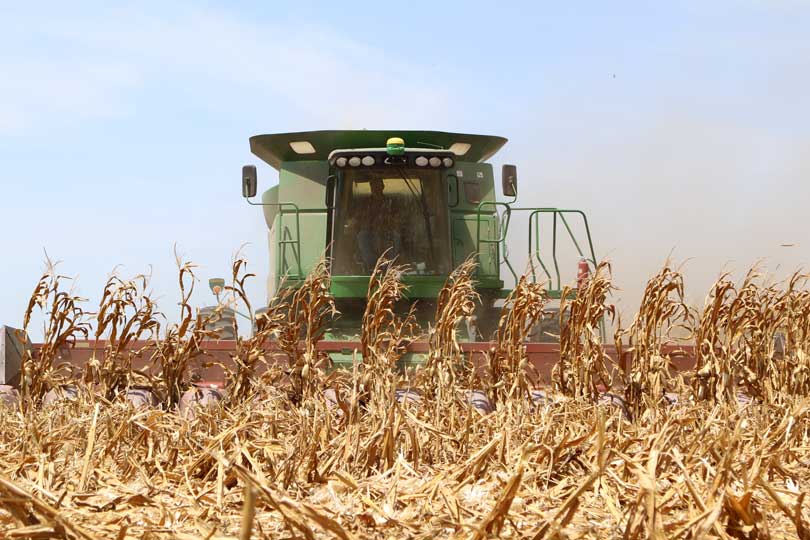By Jessica Domel
Multimedia Reporter
It won’t be called the North American Free Trade Agreement (NAFTA), but the United States, Mexico and Canada have finally come to an agreement on trade.
Canadian officials confirmed the new U.S. Mexico Canada Agreement (USMCA) shortly before 10 p.m. Central Sunday—narrowly meeting a U.S.-imposed deadline to release text of a trade agreement to Congress and the public.
“We have negotiated this new agreement based on the principal of fairness and reciprocity,” U.S. President Donald Trump said. “To me, it’s the most important word in trade because we’ve been treated unfairly by so many nations.”
To reach an agreement, the United States dropped its request for a new dispute mechanism and a sunset clause.
Canada agreed to remove its Class 7 dairy pricing after USMCA is in place for six months and generally increase its market access to U.S. farmers and ranchers.
“Texas Farm Bureau is pleased the United States, Mexico and Canada have reached an agreement to modernize NAFTA,” TFB President Russell Boening said. “For decades, farmers and ranchers have seen many positive benefits of this important trade pact. It has been Texas Farm Bureau’s position that important provisions of NAFTA be maintained while dealing with remaining trade barriers.”
All food and agricultural products that had zero percent tariffs under NAFTA will continue to have zero percent tariffs under the new deal.
Under USMCA, Canada will increase its market opportunities for U.S. dairy, poultry and egg products.
In return, the U.S. will provide new access to Canadian dairy products, peanuts, processed peanut products and a limited amount of sugar and products containing sugar.
“We are hopeful the updated agreement will give us access to more agricultural markets and level the trade playing field for American farmers and ranchers,” Boening said. “U.S. agriculture needed a ‘win,’ and it appears this new agreement provides that opportunity.”
According to the U.S. Trade Representative’s (USTR), Canada has also agreed to provide new tariff rate quotas (TRQs) on dairy products exclusively for the U.S.
The U.S. will provide reciprocal access on a ton-for-ton basis for Canadian dairy products exported to the U.S. on a first come, first-served TRQ basis.
Unlike NAFTA, USMCA addresses the use of biotechnology in agriculture. The three countries agreed to enhance information exchange and cooperation on genetically modified organisms and gene editing.
Canada has also agreed to grade imports of U.S. wheat no less favorably than Canadian-grown wheat.
The U.S. and Canada have agreed to discuss issues related to seed regulatory systems.
All three countries have agreed to strength phytosanitary and sanitary measures on traded commodities.
The new deal will be signed Nov. 30, Mexican President Enrique Peña Nieto’s last day in office.
The Trump administration is expected to send it to Congress for their consideration in 2019.
“We look forward to working with the administration and Congress to deliver new trade opportunities for American agriculture,” Boening said. “We commend the Trump administration for working to get us to this pivotal point.”

